Stay Updated: This Week’s Top News Stories Inside
Stay updated with our weekly round up of funding and M&A news, bringing you the latest from the startup ecosystem.
Startup Funding Summary
JBM Ecolife Mobility
Gurgaon-based EV firm, has raised $100 Mn in a funding from Asian Development Bank and Asian Infrastructure Investment Bank
M2P Fintech
Chennai-based fintech platform, has raised $50 Mn in a funding from Taj Investment Holdings
Onsurity
Bengaluru-based healthtech platform, has raised $45 Mn in Series B funding from Creaegis, International Finance Corporation, Quona Capital and Nexus Venture Partners
Redcliffe Labs
Noida-based diagnostics service provider, has raised $42 Mn in Series C funding from Investment Fund for Developing Countries, LeapFrog, HealthQuad and Spark Growth Ventures
iBus
Bengaluru-based digital infrastructure solutions company, has raised $34 Mn in a funding from International Finance Corporation
M&A Snippets
Mumbai-based fintech firm Veefin has acquired 26% stake in Chennai-based software solution provider EpikIndifi for an undisclosed amount



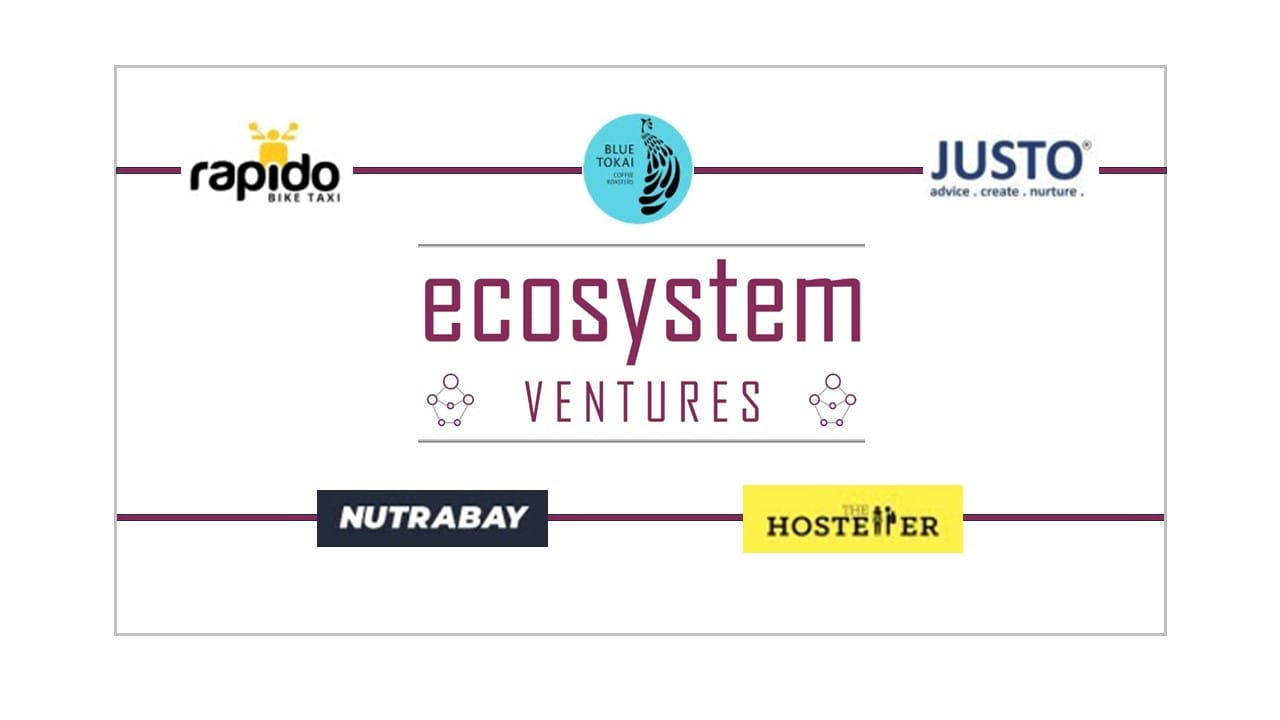

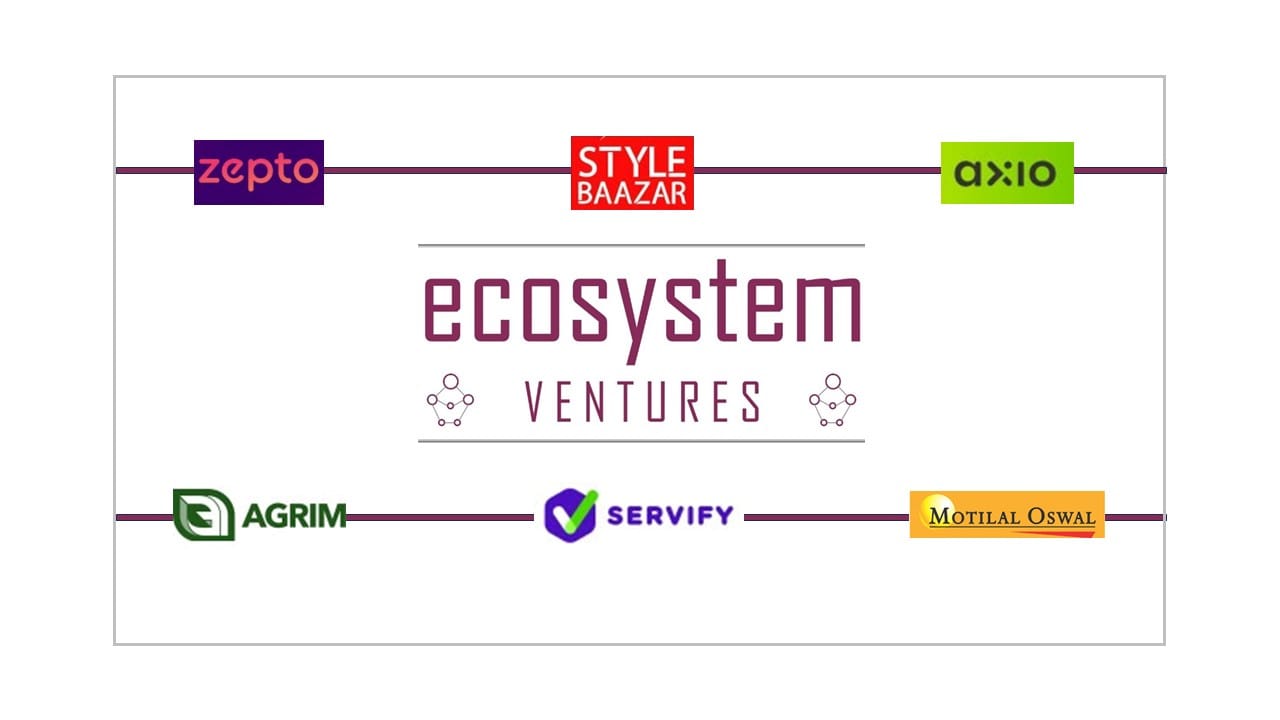
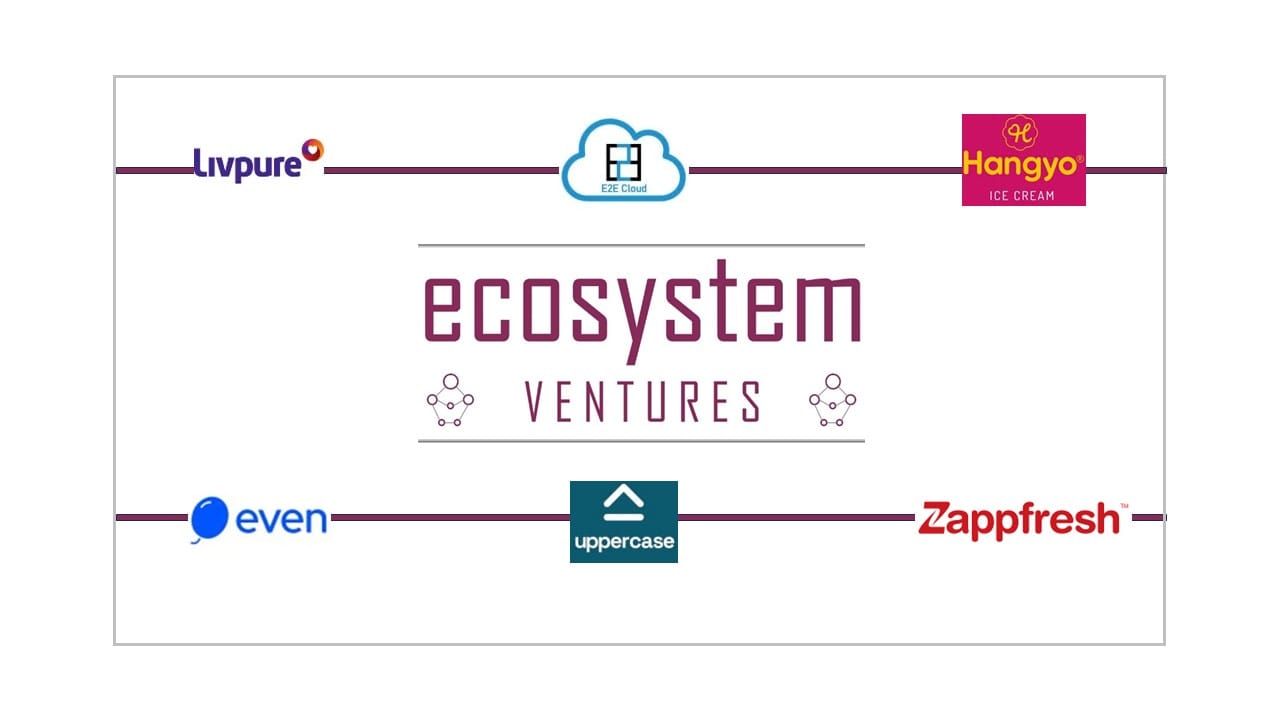
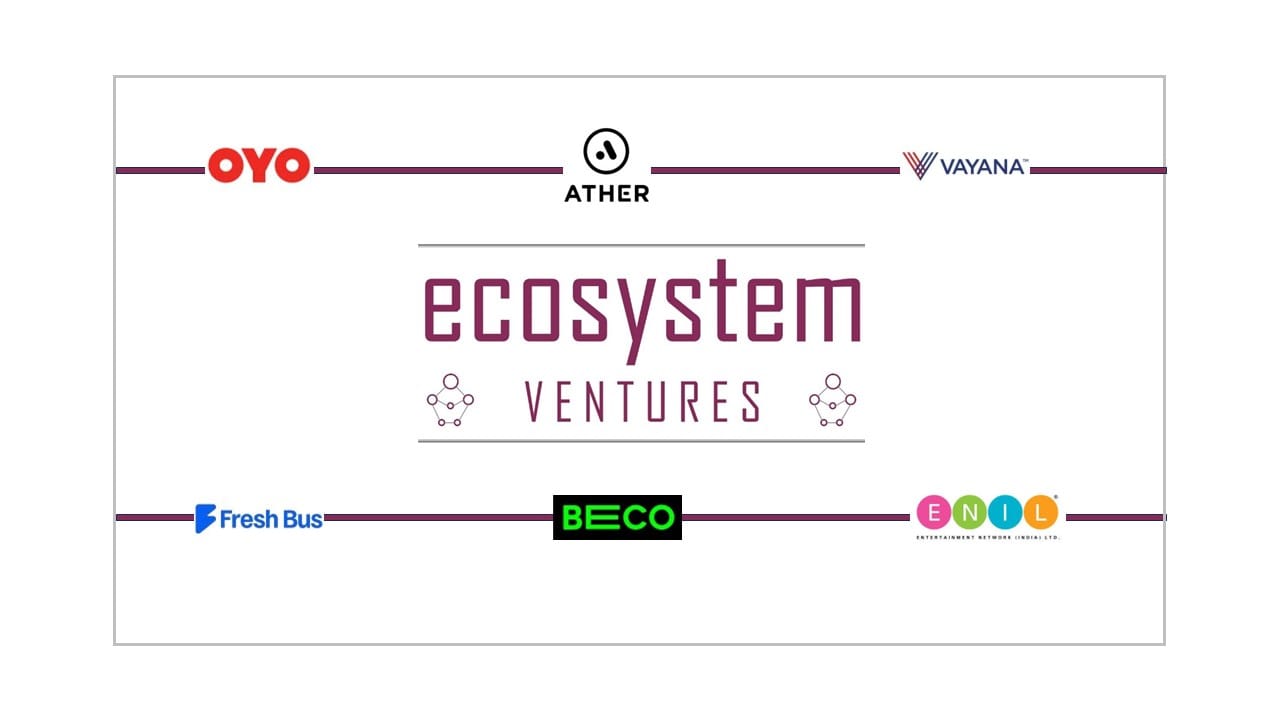
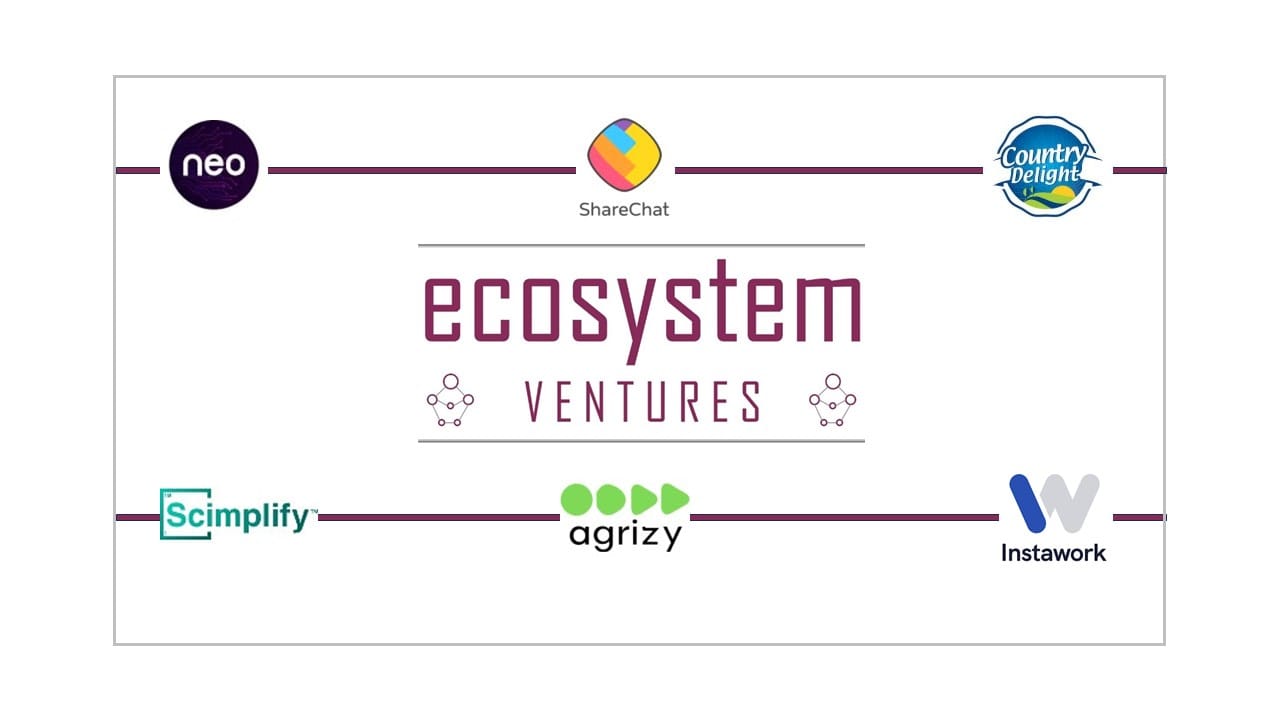



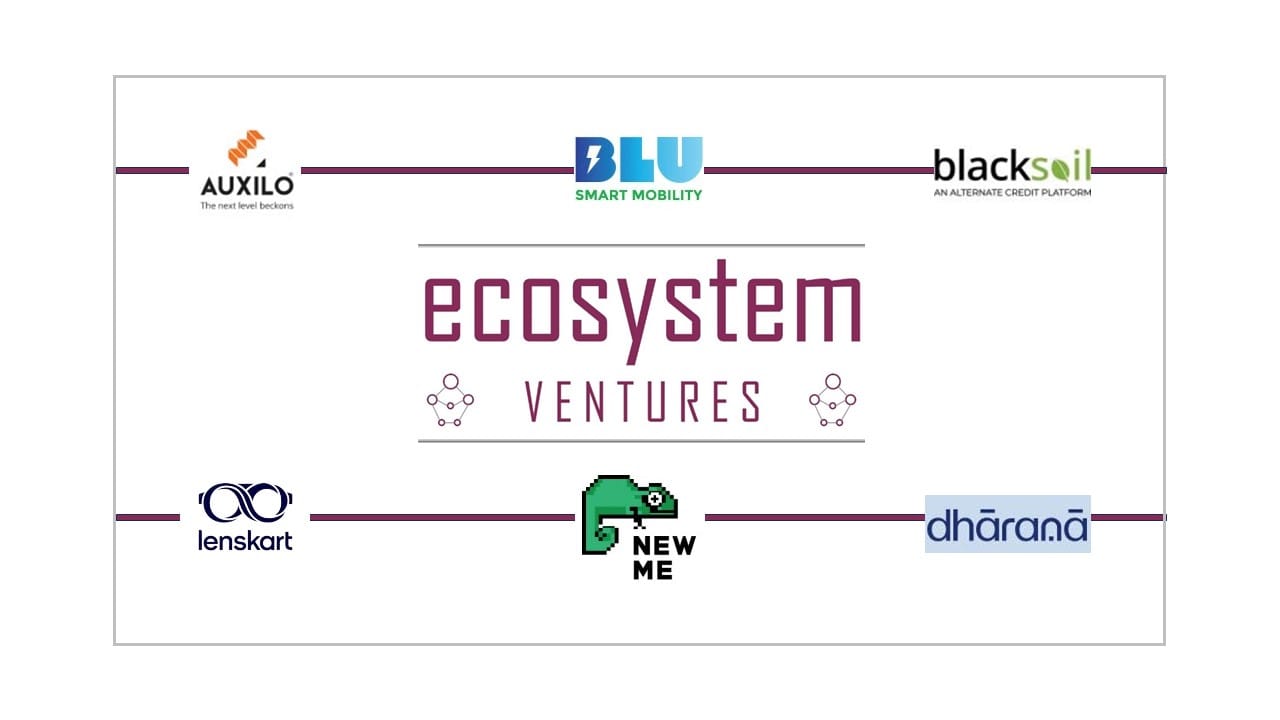
.jpg)